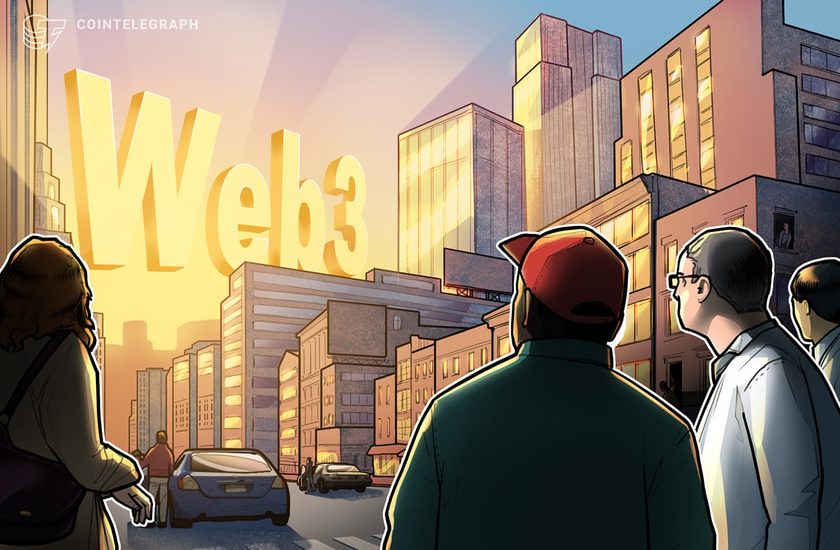- May 26, 2023
- Posted by: admin
- Category: BitCoin, Blockchain, Cryptocurrency, Investments


The highly accessible introductory text mentions all the concepts and names a curious reader would need, along with some assessments.
The Federal Reserve Bank of Atlanta has piqued the interest of the crypto community with a recent publication in its Policy Hub series on the implications of Web3 for financial services. The 17-page paper by Christine Parlour, a professor at the University of California, Berkeley Haas School of Business, is intended as a basic text, and is noteworthy for its completeness.
The paper begins with an discussion of blockchains, explaining that “data are sorted and stored in specific locations called ‘wallets’ or ‘addresses.’” After providing the necessary background, Parlour looks at decentralized finance (DeFi) and financial infrastructure.
Parlour mentions the regulatory challenges of decentralized autonomous organizations (DAOs), which do not have “an obvious legal entity” to engage with. Furthermore:
“The darker side of using tokens as collateral is that it generates interconnectedness among various protocols, which makes estimating or understanding systemic risk more challenging for regulators.”
Parlour’s discussion is rich with brand names of lending protocols and stablecoins.
Web3 financial infrastructure provides advantages over traditional finance in the cost and speed of transacting, Parlour says. Trade finance can be significantly improved through cost reductions along the supply chain, for example.
Related: Ripple acquires Swiss blockchain custody firm Metaco for $250M
The paper touches on central bank digital currency (CBDC) as it discusses foreign exchange and looks at the recently launched Project Mariana that attempts to apply DeFi protocols for foreign exchange. Parlour mentions Stellar and Ripple and describes Ripple’s XRP (XRP) token as “envisioned as an international payment medium or wholesale settlement coin.”
Ripple has garnered much attention for its deals with states such as Montenegro for the development of CBDCs. There has been much speculation about United States Federal Reserve plans to introduce a CBDC, which the Fed has not confirmed. Parlour gives no indication of any plans of this type, or that the Fed is thinking of using XRP for any purpose.
The Atlanta Fed released a report re: Web3 & finance that mentions #Ripple. They describe #XRP as an "international payment medium or wholesale settlement coin." "Wholesale settlement" is interesting context. Also a brief overview of Project Mariana.https://t.co/pzazPU8zvu pic.twitter.com/2LAC74RwSR
— WrathofKahneman (@WKahneman) May 25, 2023
Ripple is also in a legal dispute with the Securities and Exchange Commission over the status of XRP as a security.
In addition, Parlour discusses tokenized bank deposits, a concept promoted by the USDF Consortium, whose CEO Robert Morgan recently told a U.S. House of Representatives hearing about that technology, describing it as a “third way” between traditional finance and DeFi.
Magazine: Ripple, Visa join HK CBDC pilot, Huobi accusations, GameFi token up 300%: Asia Express
